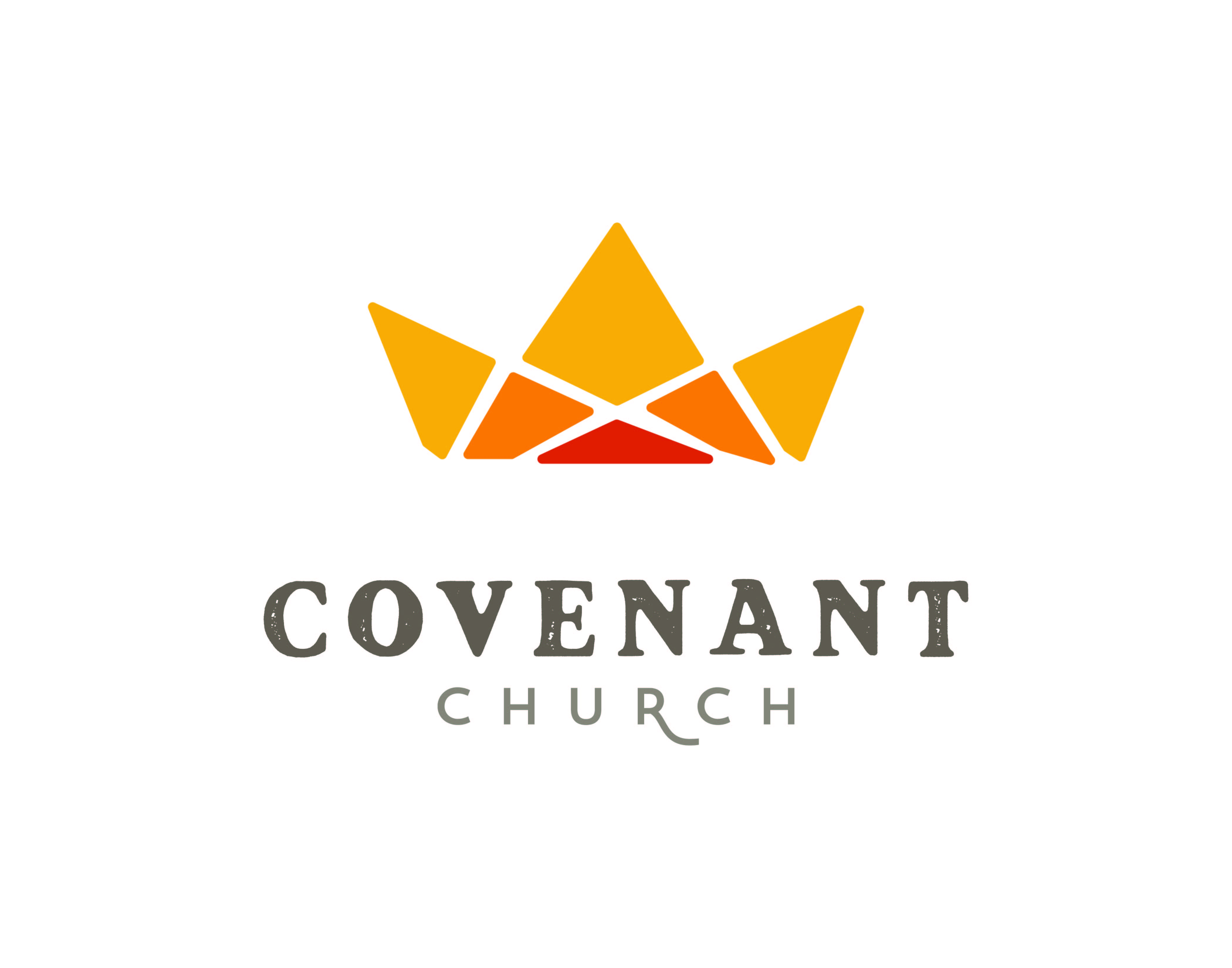Though not everyone sees it as such, Leviticus is an amazing drama. It is the story of a loving and holy God whose desire to be with His people is so great that He will overcome any barrier that stands in their way, including the barrier of sin.
Holy. Clean. Consecrated. Set apart. The book of Leviticus is the story of a people learning what it means to be holy and then practicing what it takes to enter into the presence of God. All the required sacrifices, offerings and washings reveal the gaping chasm that existed between the people and their holy Lord. Through another lens, these activities also reveal God’s great desire to purify a people of His very own, people who are eager to do what is good (10:3; 11:41-45; Titus 2:14). Fulfilling these rituals certified that they were made clean in God’s eyes, and, because they were clean, the threat of judgment was lifted and entry to God’s presence was permitted. At the center of it all was a sacrifice of blood.
Sin brings alienation from God and forgiveness restores that relationship. Blood plays a central role because without the shedding of blood there is no forgiveness of sin (Hebrews 9:22). God told His people that “the life of a creature is in the blood, and I have given it to you to make atonement for yourselves on the altar; it is the blood that makes atonement for one’s life” (17:11). The presence of blood, then, is evidence that a creature has died to pay the penalty for sin and the one whose sin was transferred onto the sacrificed animal can now be considered clean before God.

What makes sense on paper takes a lot of effort to practice and is hard for us 21st Century types to stomach. Whenever I get caught up in the butcher house that was the tabernacle (and later the temple) I have to choose to see the bigger picture—God was training them to know what forgiveness requires and was preparing them for the ultimate, once-for-all sacrifice that He would make for them through His Son.
Hebrews 10:11-14 puts it this way: “11 Under the old covenant, the priest stands and ministers before the altar day after day, offering the same sacrifices again and again, which can never take away sins. 12 But our High Priest [Jesus] offered himself to God as a single sacrifice for sins, good for all time. Then he sat down in the place of honor at God’s right hand. 13 There he waits until his enemies are humbled and made a footstool under his feet. 14 For by that one offering he forever made perfect those who are being made holy.”
Paul summarized it like this to Titus. 11 “For the grace of God that brings salvation has appeared to all people. 12 It teaches us to say “No” to ungodliness and worldly passions, and to live self-controlled, upright and godly lives in this present age, 13 while we wait for the blessed hope—the glorious appearing of our great God and Savior, Jesus Christ, 14 who gave himself for us to redeem us from all wickedness and to purify for himself a people that are his very own, eager to do what is good” (Titus 2:11-14).
God is the same yesterday, today and forever. The things He desired 3,000 years ago are the things He desires today. He loves you, wants to be with you and will do whatever it takes to reconcile the relationship so that you can know Him. This reconciliation with God required the shedding of blood, the giving of one life so that another life might be spared. As you read all the requirements for clean priests, clean skin, clean homes and clean animals, take time to ponder how Christ’s one sacrifice made you perfect and complete in God’s eyes.
I encourage you to take time with your family or a friend to read through and discuss the Hebrews and Titus passages in greater detail. Take some time to consider how they make a bridge from the Old Testament to the New and then to us in our own culture and day. There are so many connections between then and now, between “them” and “us.”
Leviticus reveals an amazing drama, one that is not yet finished. Ask the Lord to show you how you are living within a great drama of pursuit and redemption in your own day and life too.

Rob Eyman






